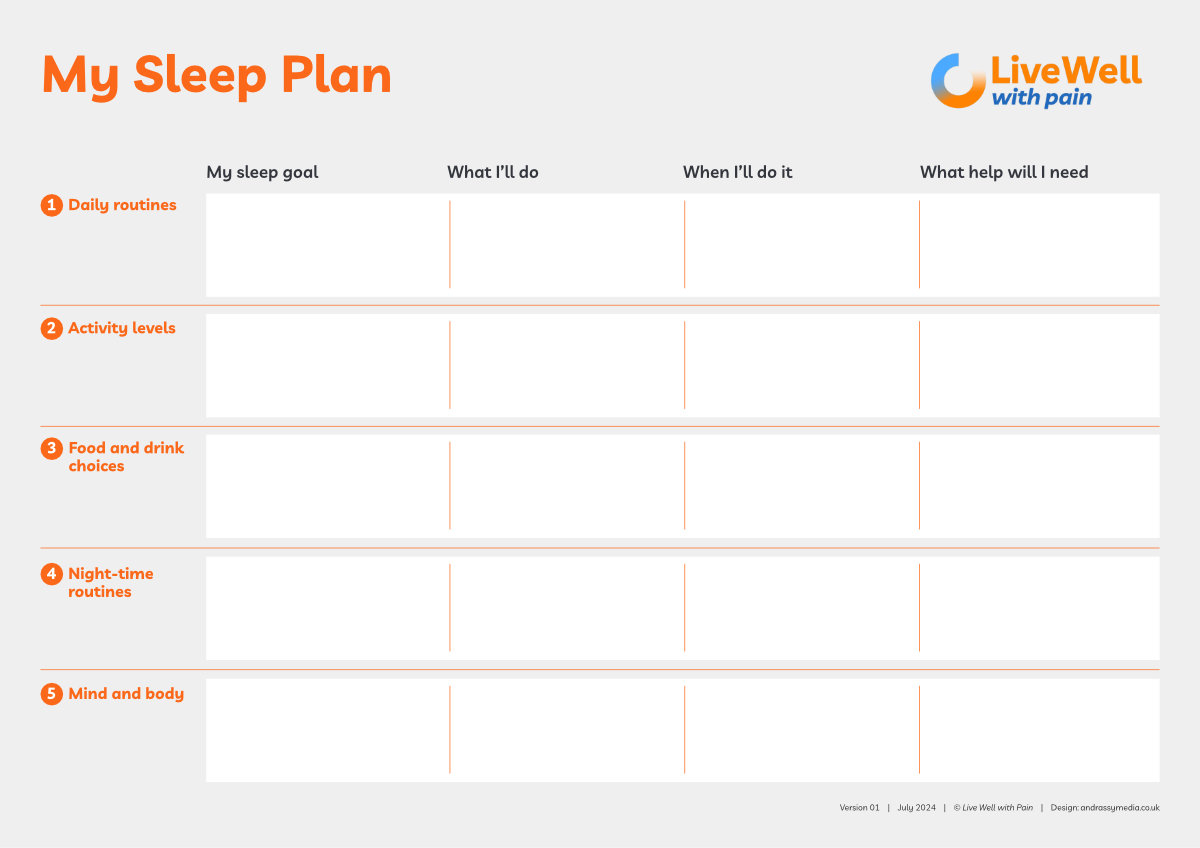Five changes for better sleep
There are lots of changes you can make to help you to sleep well. Over a period of five to six weeks these can make a huge difference.
Here are the five areas that people living with pain have found to be most helpful:
1. Your daily routines
Get into a regular routine
Make sure that each day you go to bed, get up, eat meals and do activities around the same times. Try to stick to your routine no matter whether it is a weekday or a weekend and what kind of sleep you had the previous night.
Avoid napping
If possible, avoid taking naps during the day. This can be difficult – you may feel very drowsy because of your medication or be tired because you’ve had a restless night. If you feel like you absolutely ‘must’ sleep, then keep your nap short – around 15 minutes at most.
Avoid using your bedroom to rest in the daytime
If you need to take some time out because of your pain, then try to find another place in the house to rest or do a relaxation activity.

Try to stick to your routine no matter whether it is a weekday or a weekend
2. Your activity levels
Like many people with persistent pain, you may be avoiding physical activity because you are worried it will make your pain worse. These fears are normal and understandable – when you live with pain, the last thing that you want to do is aggravate it further! It may be encouraging for you to know that getting fit and staying active is actually good for your pain and for your sleep.
Learn the skill of pacing
Pacing is a really useful skill as it guides you to do the level of activity that is right for your body. Find out how to pace in footstep 3.
Do physical activities you enjoy
Quite simply, if you enjoy what you’re doing then you’ll be more motivated to keep it up. This could be anything from taking a morning walk through to swimming, playing badminton or gentle Tai Chi or Yoga. If this sounds like a million miles away from what you currently feel able to do, have a look at Footstep 4: Setting goals and getting active.
Try to do some activities outside
Being in the daylight during the day helps your body clock to be in balance with day and night time patterns. It can help with stressful feelings too.
Avoid energetic activities shortly before sleep
Exercising late in the day ‘wakes up’ your body and so it can lead to problems falling asleep or staying asleep. To help with sleep, the best time to exercise is late in the afternoon or early evening.
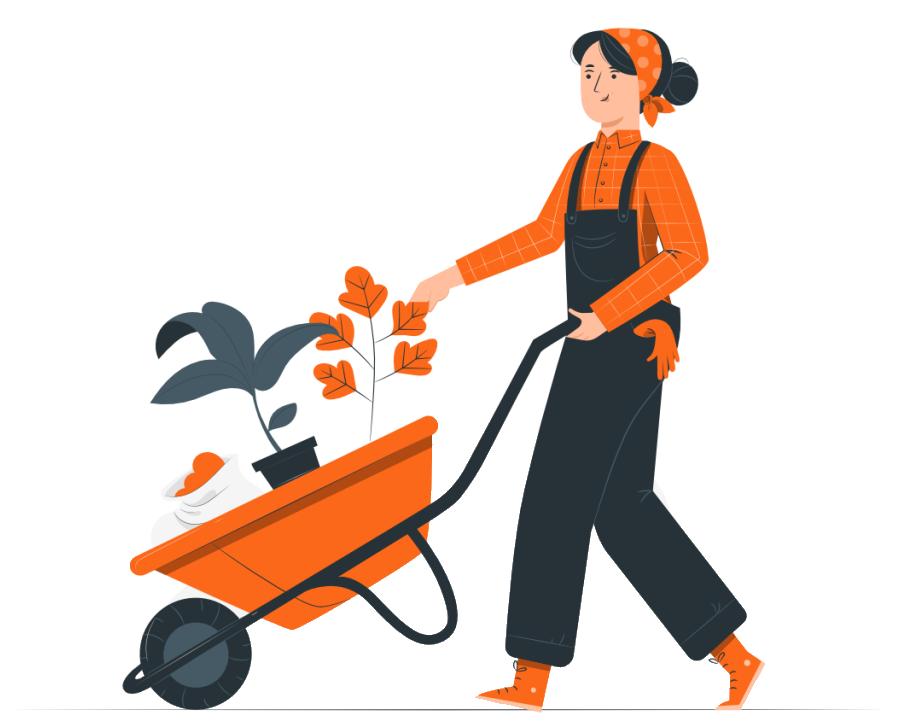
Quite simply, if you enjoy what you’re doing then you’ll be more motivated to keep it up
3. Your food and drink choices
Avoid caffeine in the evening
Caffeinated drinks can have a stimulating effect on your body. Usually this lasts for around 4-5 hours. So it’s best to stop caffeine from late afternoon onwards to help you sleep well.
Try not to drink too much just before you go to bed
It may help to limit yourself to sips of water if you are thirsty before bed or in the night. Remember, too much fluid could cause you to wake up and head for the bathroom.
Avoid drinking alcohol late in the evening
Alcohol can get in the way of a good night’s sleep. It has a dehydrating effect which can cause you to wake up feeling thirsty. It can also interrupt the pattern of your sleep.
Eat your main meal earlier in the evening and have a small snack just before you go to bed
If you have an empty stomach when you go to bed you might wake up hungry in the night. On the other hand, if you eat a big meal late at night then your body may be too busy digesting your food or coping with heartburn to rest easily.
If you are awake in the night, avoid snacking
This could be training your body to wake up because it expects food. You could have a soothing drink instead – try herbal teas such as chamomile or peppermint, or warm milk.
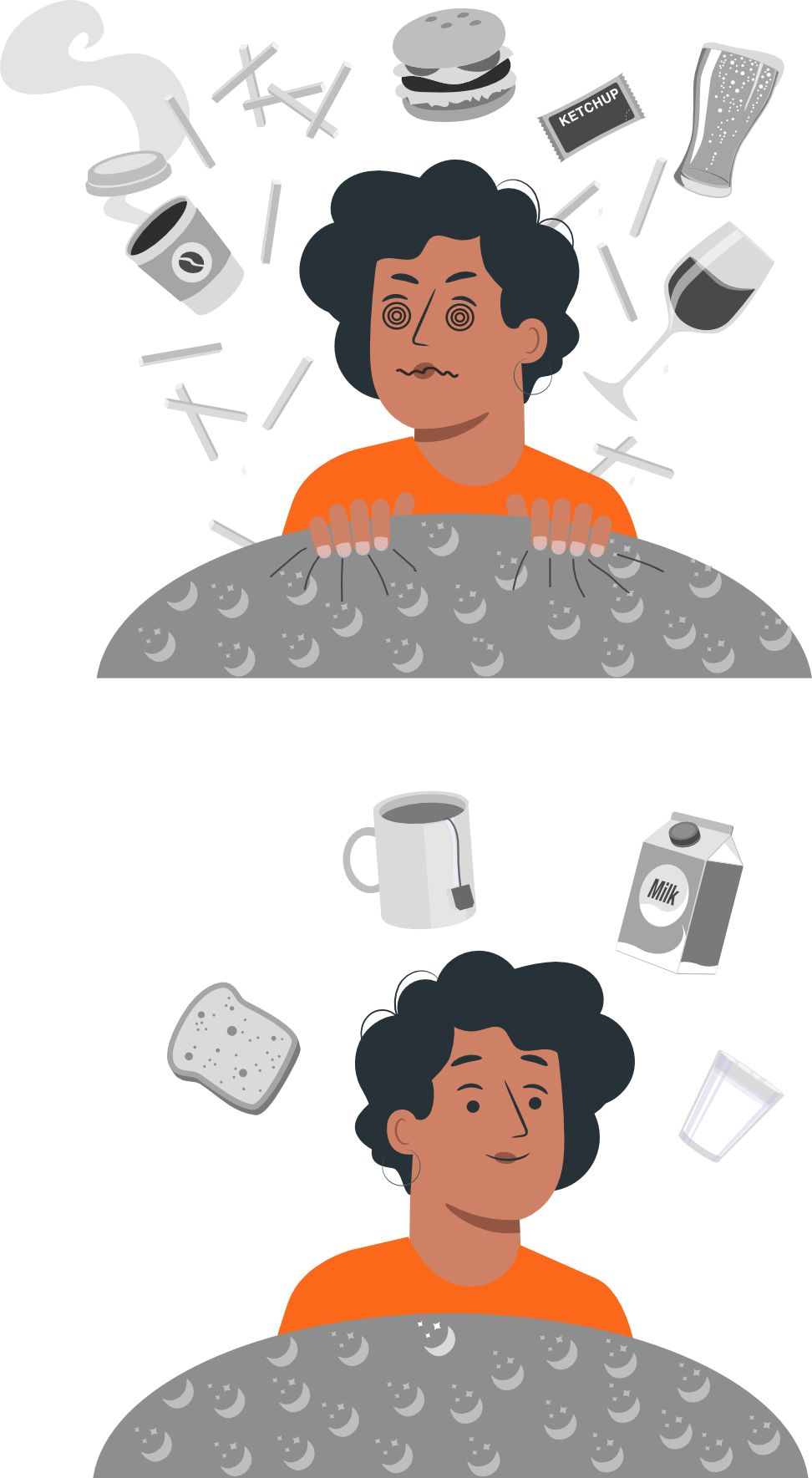
4. Your night-time routines
Follow a wind-down routine every evening
Start by setting a wind-down time around 1 to 1 1⁄2 hours before bed. After this time, do things that help you to relax. This might be taking a bath, watching TV, listening to music or reading a book or magazine.
Only go to your room when it’s time to sleep
Don’t go up earlier to watch TV in bed, go on the internet or mobile phone. If you do non-sleep activities in bed then your brain is learning that it is okay to be awake and alert in bed.
Get the temperature right
Being too hot can cause restlessness and being too cold can make it difficult to sleep. Make changes to your bedding to find the best mix of layers to sleep well. Try a fan or heater on a timer if your bedroom temperature seems to be a problem.
Make sure your room is dark
When it’s dark, our bodies release melatonin which helps us to relax and fall asleep. Block out light from outside by using blackout curtains or blinds. Cover up any light sources such as alarm clocks. Some people find it helps to wear an eye mask.
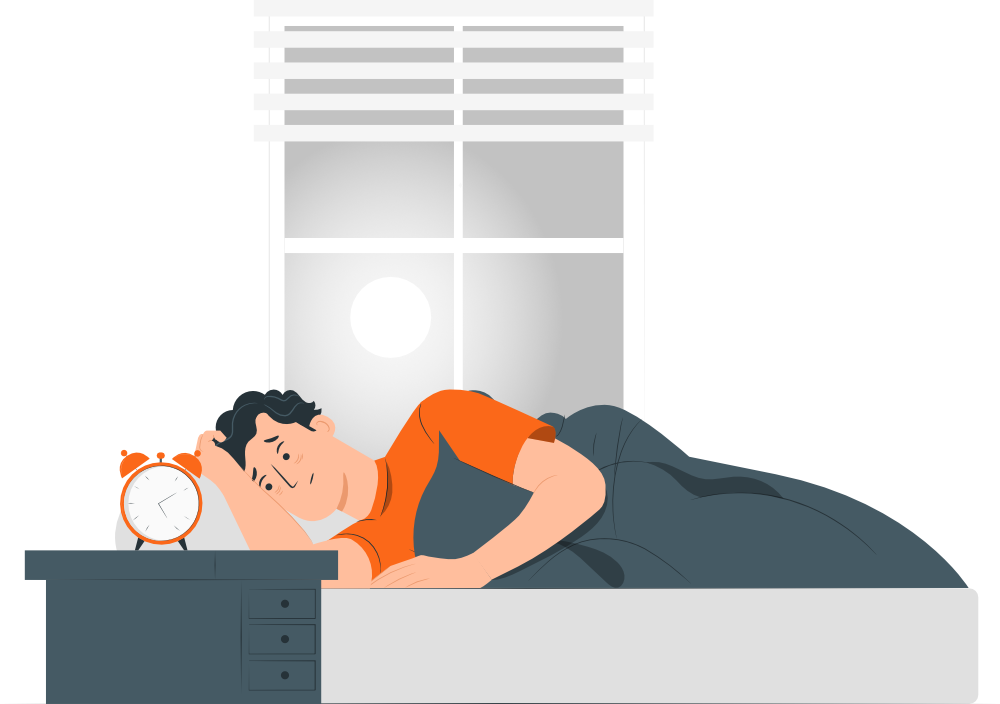
If it’s not dark, our bodies won’t release the melatonin which helps us relax and fall asleep
5. Helping mind and body to rest
Make sure you have a good bed
To find out more about beds and matresses visit www.sleepcouncil.org.uk
Find a comfortable position
To find a comfortable position, you may need more pillows or cushions so your body feels relaxed.
Use relaxation techniques
It can be very common to lie in bed worrying about how much sleep you are going to get. Using relaxation techniques to help you feel calm and quieten your mind can really help with this.
Avoid checking the time during the night
Some people keep checking the time if they can’t get to sleep or if they wake up in the night. This can increase worrying and make it harder to sleep. Try putting your phone away from your bed or covering your clock so you can’t check it.
If you wake up in the night – don’t struggle
It’s very common to feel frustrated or worried if you wake up in the night. Different techniques can help with this. Some people use relaxation techniques, other people find it helps to get out of bed for 15–20 minutes and do something calming in a different room. It can also help to simply lie in bed and accept that ‘sleep will come when it’s ready.’
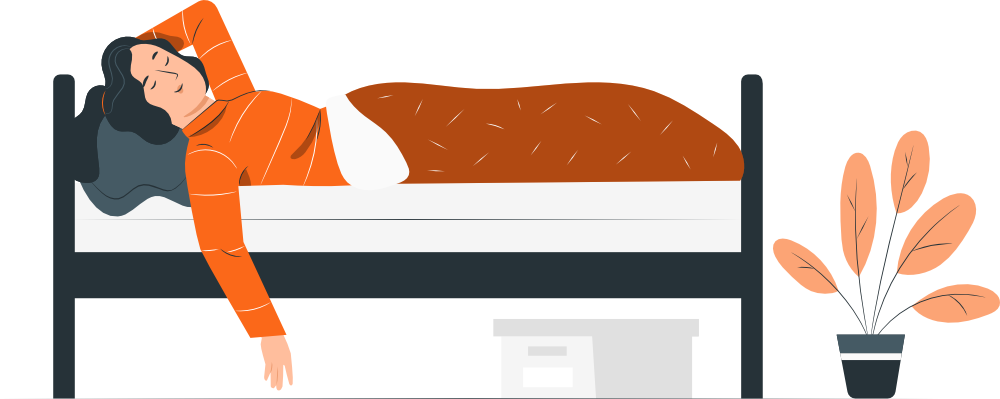
It can also help to simply lie in bed and accept that ‘sleep will come when it’s ready’
Build your own Sleep Plan
This handy Sleep Planner will help you plan changes to your day-to-day routines so you can get a good night’s sleep.
Print it off then fill it in to track the changes you make across all five areas.
